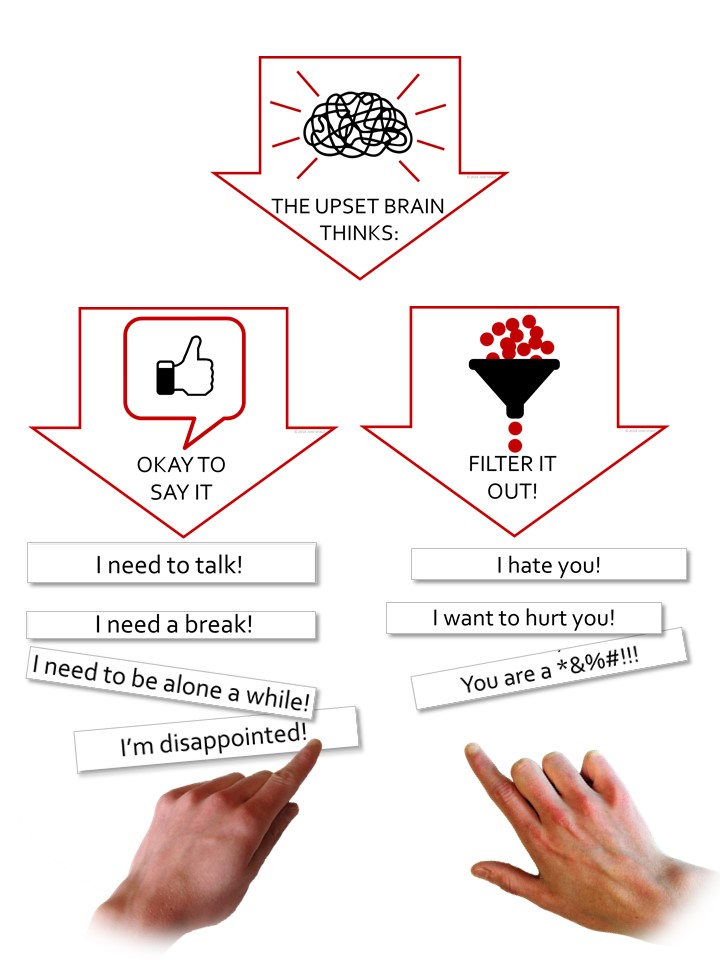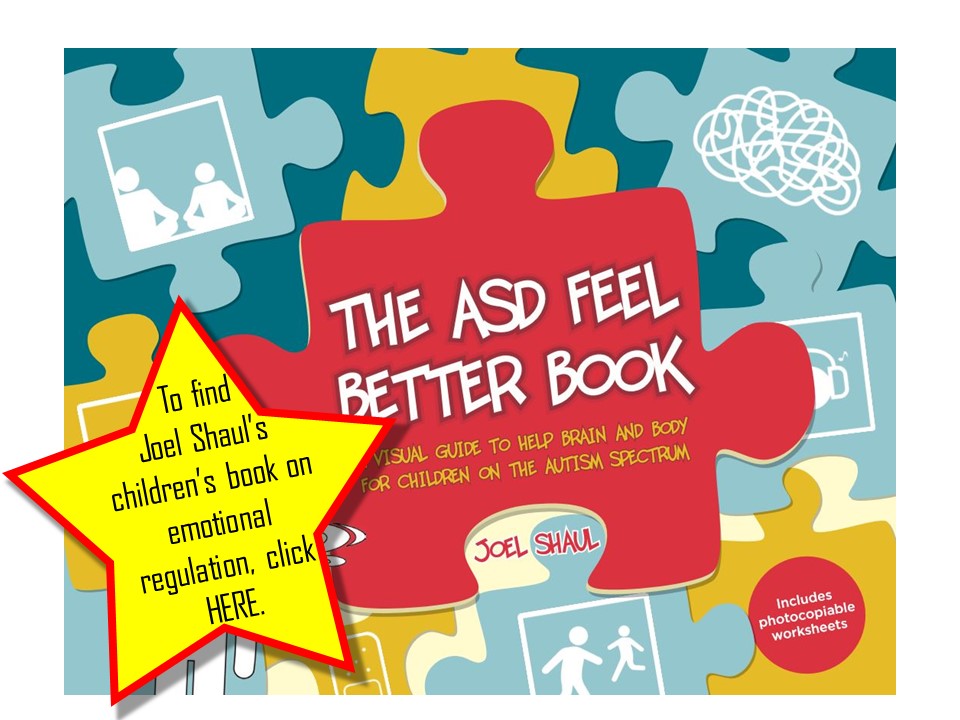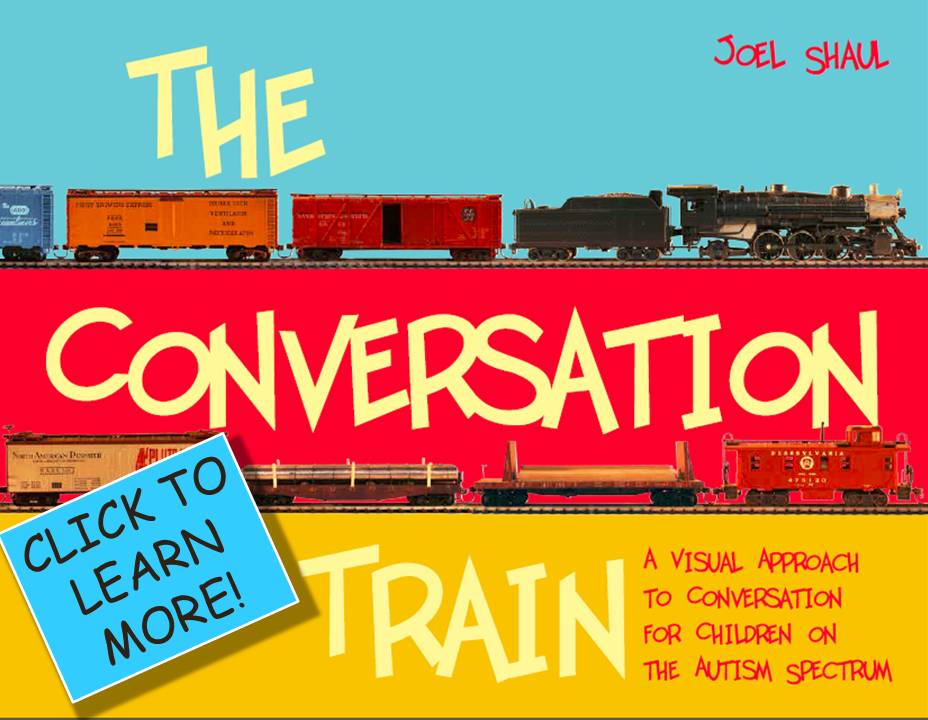In social skills training in schools and psychotherapy settings, young people on the autism spectrum often struggle with controlling angry verbal outbursts. This is a cut-out paper kit that creates a hands-on activity to teach and practice filtering upsetting thoughts and avoiding blurting out things that are frightening or confusing to others.The Filter the Anger Activity is designed to:
* Raise awareness of okay vs. not-okay things to say when you are mad
*Introduce and reinforce the idea that thoughts can be “filtered” before they are turned into words.
To create the materials for this free activity, click on these free download links:
Filter the upsetting thoughts kit
Übung-zum-Filtern-verbaler-Ausbrüche
This kit is also available in Polish.
Filter the upsetting thoughts kit, on-screen version for teletherapy
Sample introduction to this activity:
“When we are upset, we can have many, many upsetting thoughts going through their mind, very quickly. The thoughts can be so many, and so powerful, that they can “escape” out of your mouth if you are not careful. Your mind has a filter in it, to help us to say the right things, instead of every one of our thoughts to rush out of our mouths.”
(Now describe a filter; depends on knowledge level of participants. Show them the filter visual)
“There are different kinds of filters.” (have them name some: coffee filter, water filter, oil filter, etc. If you have a prop to demonstrate a filter now, that is good—try a colander, a coffee filter, etc)
“You can’t see the filter in your brain, but the way it works is kind of the same. It is especially important to use your brain’s filter when you are upset or angry, so that you say things that are good, and get you help, and so you avoid saying things that frighten, confuse or anger other people.”
How to use the upset thought strips: On a big table or on the floor, have the participant(s) sort the statements into things that are okay to say, sometimes okay to say, and almost never okay to say. Use the “Filter These Out” and “You can say these” visuals to help them with the sorting.
Usually, the child will spontaneously start talking about times they made unfiltered angry statements. This provides opportunities for learning and adds a visual dimension that is very helpful.
Variations: You, the adult, can try acting out the role of an upset person who is not succeeding in filtering his words. Ask the young participants to help you to filter what you say. Ask them to offer you alternative ways to express your upset feelings.
This is a good teaching/therapy activity for social skills training and anger management for kids autism spectrum disorders. I hope you find it helpful.
Joel Shaul, LCSW
Here are some related free activities for increasing awareness of social filters, anger management and cause and effect in relationships:
What I should Have Done Different Worksheet
Customizable Meters for Awareness of Negative Behaviors
Words Hurt/Words Help Worksheets
Pencil / Pen Memories Worksheets
Your comments on these resources are most welcome, and often helpful. Click HERE to send an email.





… [Trackback]…
[…] Read More here: autismteachingstrategies.com/autism-strategies/filter-the-anger-a-hands-on-social-skills-activity-to-help-kids-with-autism-to-manage-angry-verbal-outbursts/ […]…
[…] Social Skills Worksheets On Anger | Read Sources […]
[…] Social Skills Worksheets On Anger | Read Sources […]
[…] next part of this lesson was a sorting game called Filter the Anger where the boys sorted into groups angry things that should be filtered out and things you could […]